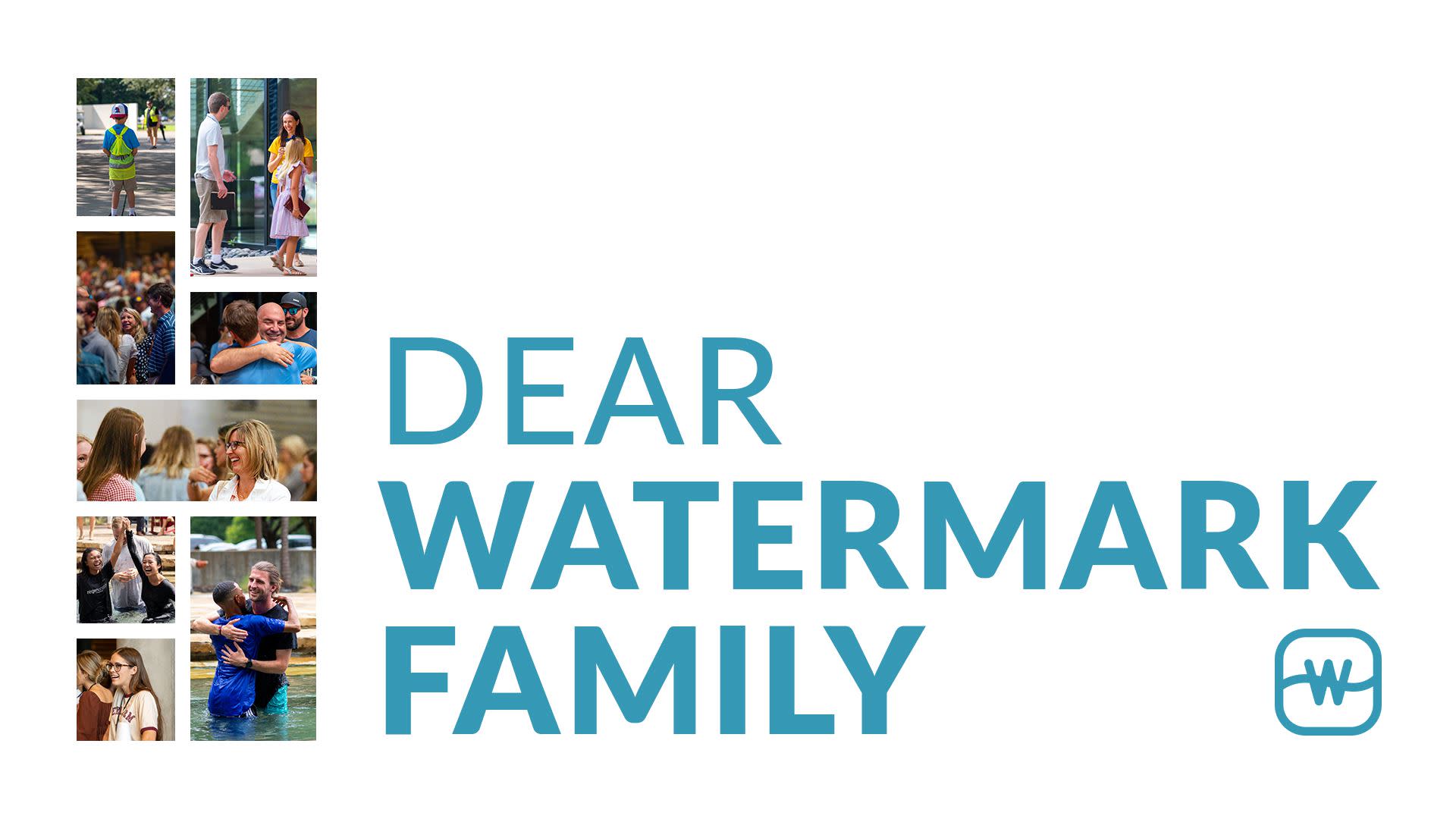I vividly remember the image a teacher showed my elementary school class. Half of us saw a picture of an old woman, and the other half saw a picture of a beautiful woman. I only saw the old woman, and for the life of me, I couldn’t understand how others saw a beautiful woman. How could all of us look at the same picture and see two completely opposite images?

I often think about my elementary class experience while watching the news today. Our nation is divided. Regardless of the topic, two people watching the same news story see and interpret the news differently. Consider people’s contrasting beliefs over the recent college campus protests, Donald Trump’s legal battles, the upcoming election, race, abortion, or the definition of marriage. We live in a polarized society often energized by an “us versus them” and “win at all costs” mindset.
How are Christians to respond? What is our responsibility? Given the post-Christian age in which we live, where do we go from here? As Christians, how are we to “seek the welfare of the city” and “pray to the Lord on its behalf” (Jeremiah 29:7)?
As you watch Christian news feeds, read social media posts, or listen to podcasts, you will often hear two different points of view on how Christians should respond. One camp argues for Christians to confront those with whom they disagree. Those who advocate for a more confrontational approach to our secular age rally around language like “take back” or “call out.” The other camp argues for Christians to take a more passive approach and retreat from the “cultural wars” of our day. Within this camp, you might hear language about a “secular culture,” “preserving and protecting,” or references to “monasticism.”
In his book Cultural Sanctification, Stephen Presley advocates for an alternative position. Drawing upon the example of the early church, he argues for a Christian cultural engagement defined not by isolation or confrontation but by “cultural sanctification.” He states: “The Christian call to cultural sanctification is a call to pursue holiness and conformity to the likeness of Christ within any and every cultural context. Neither retreating nor assimilating, firm in their identity and theological and moral convictions, Christians are to live with faithfulness to the truth of God revealed in the Scriptures.”
Over the next several months, I want to invite you to join me as I interview various authors and leaders on what it means to live as a Christian witness within today’s culture. Our first Political Roundtable discussion will be with Stephen Presley on Thursday, June 20 from 7 PM – 8:30 PM. We will discuss the concept of cultural sanctification and the lessons we can learn from the early church’s understanding of Christian identity, citizenship, intellectual and public life, and the hope of Christ’s promised return.
Watermark family, whether you find yourself leaning toward confrontation or isolation, the political left or right, or simply overwhelmed by all that you see and experience, I hope you join us for this important discussion. Regardless, may we not allow our political differences to divide us or outside voices to distract us from not a political platform but the high call of our devotion and witness to Christ.
See you on Sunday,
Blake

Blake serves as Elder and Lead Pastor at Watermark Community Church.
